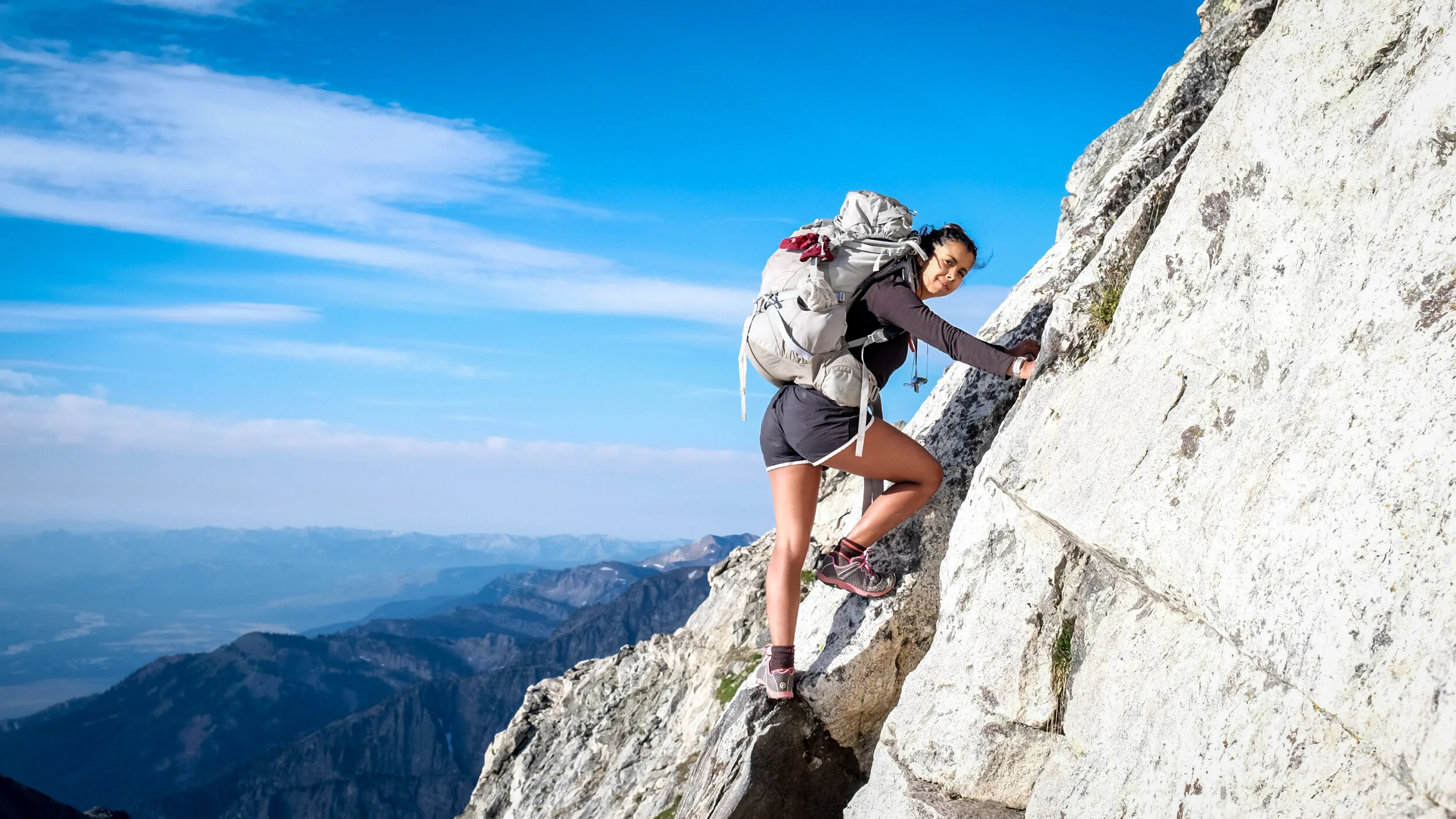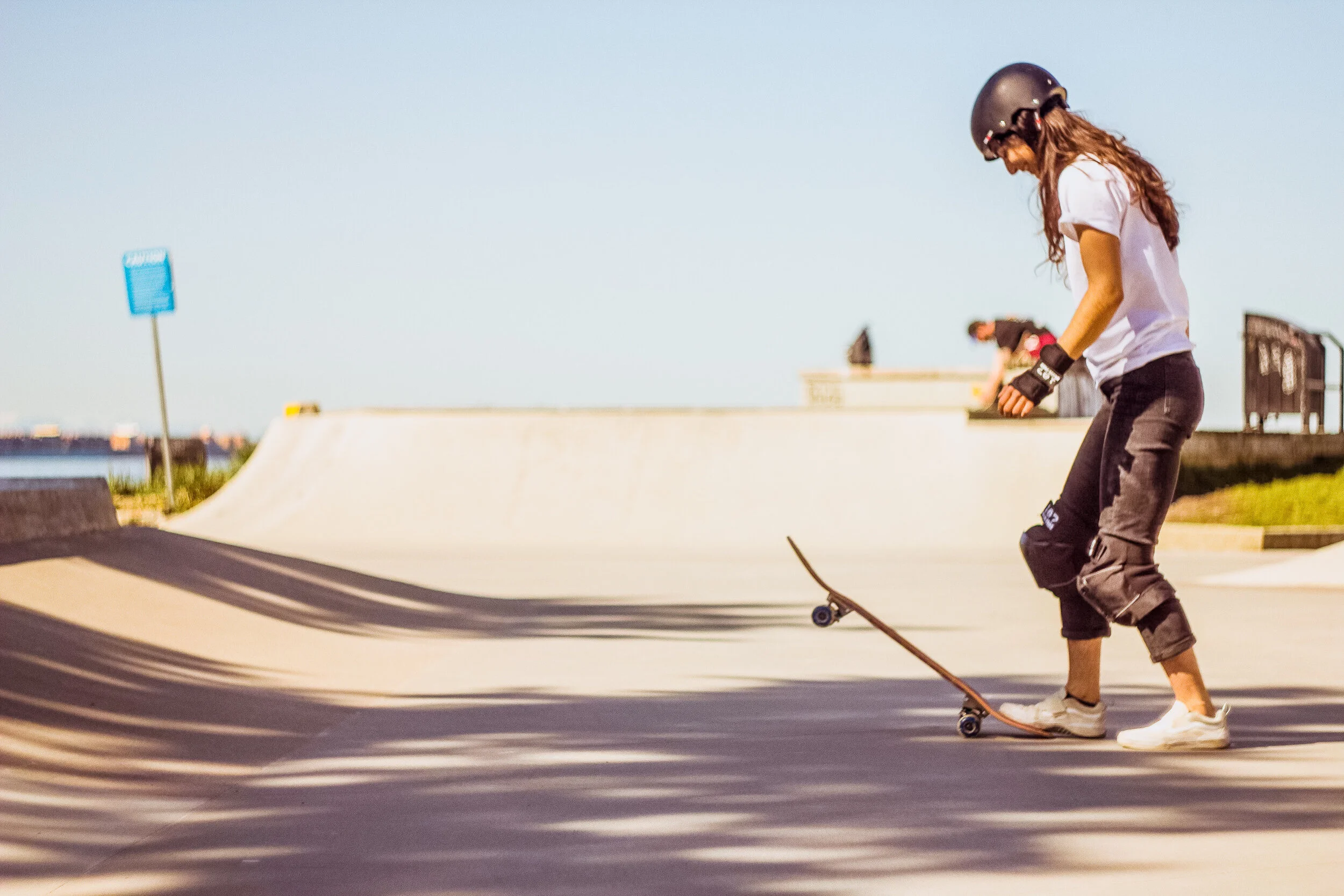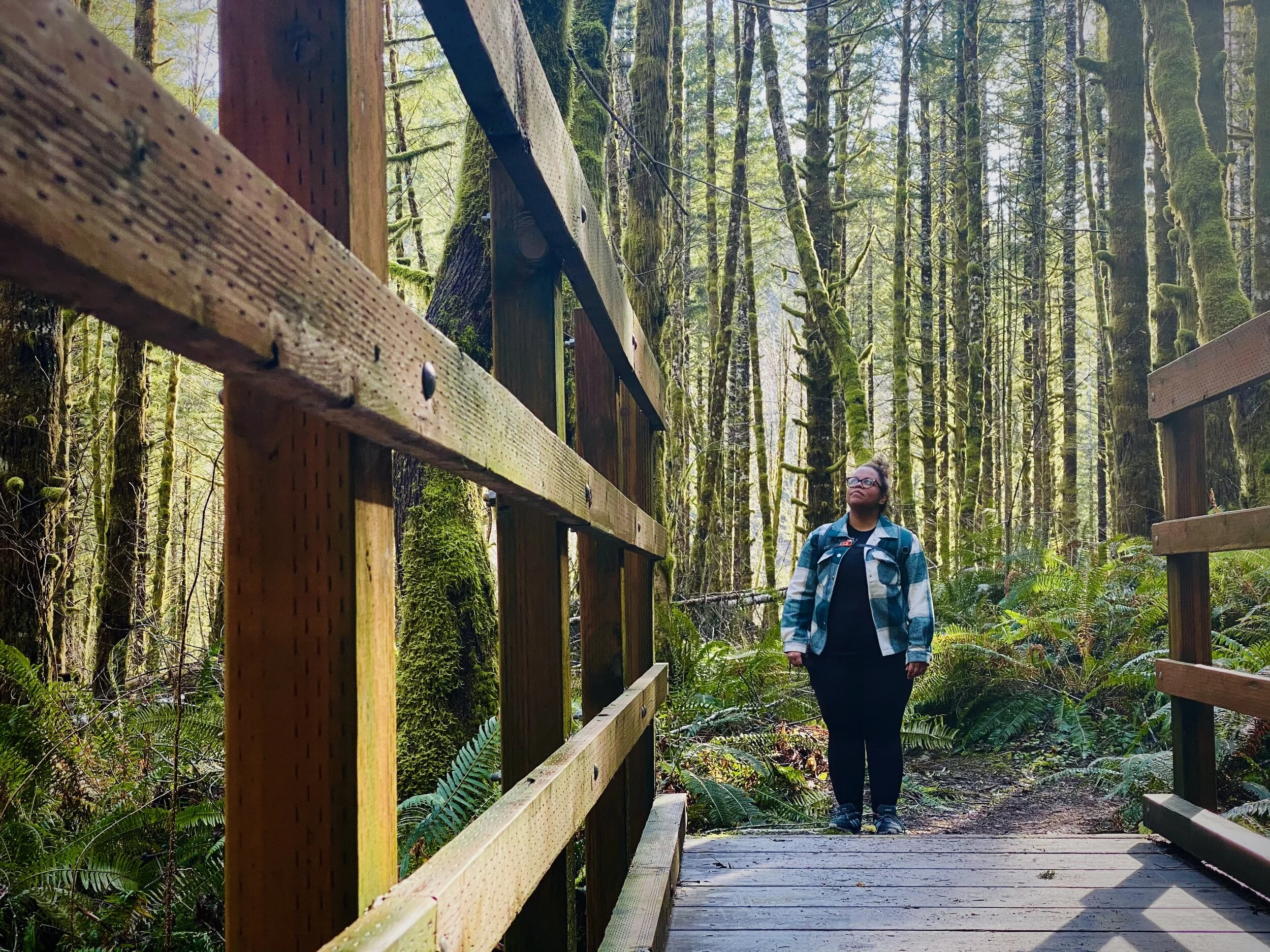It’s so hard to find an opening to talk about mental health and our mental well-being. Maybe it goes along with the pronouns: “I’m Amy, my pronouns are she/her and I have anxiety and depression.”
Read More“Dealing with mental health issues and having to constantly put on a mask and code switch to survive in a place that’s outside of my culture—all while being one of a handful of Black people in my field—has been stressful.”
Read More“Then it was bad. It’s very normal for people with bipolar to be misdiagnosed with severe depression and to be put on antidepressants, but because the medication doesn’t address the mania, it can be really harmful.”
Read More“For most of my life, [bipolar disorder] always felt like a dark, shameful secret, like a big flaw. Then I hit my mid-thirties and was like, screw it, I’m done. I don’t want to pretend any more.”
Read More“Coming from a background where my parents didn’t really believe in mental illness meant I didn’t get the help I needed until I sought it myself,” said Jessica, an Asian American skydiver from California’s Central Coast.
Read More“People like to say, ‘ponte las pilas’, or just make it work. But it’s not just about survival anymore, it’s also about making sure we’re taking care of our health.”
Read More“I wish the outdoors were more accessible to people of color,” said Thando. “We definitely experience mental health issues at a higher rate because of our experience living in this country.”
Read MoreThe media loves to portray people like me—people experiencing psychotic breaks and those with severe mental illness as violent and predatory. As people who should be locked away.
Read MoreAre you a white hiker interested in creating inclusive outdoor spaces in your community? Get comfortable with examining white culture—naming and potentially deconstructing what you’ve always considered to be normal, or the standard.
Read MoreAs I have worked through decolonizing my own relationship with nature, I have learned that our obsession with summits is obsolete. In fact—it is problematic.
Read MoreTired of buying outdoor goods that compromise your values? Brown Girls Climb is taking action!
Read MoreThe summers get pretty hot here in the Southwest. So what’s a climber to do when heat makes it harder for your hands to hold on and easier for your feet to slip? Sunburns and zapped energy are also part of the struggle. But you don’t have to stay indoors all summer. Here are a few tricks that I use to keep me climbing throughout the summer in the high desert heat!!
Read MoreRecently, skateboarding feels like one of the only ways I can think of to refill my cup. I still climb—the sport I’ve been doing for seven years, but there’s something special about learning something new
Read MoreLoving the outdoors isn’t “acting white,” it’s rejecting white supremacy and the belief that the outdoors belongs to white people. You belong there too. So here are 10 ways to prepare for your first backpacking trip this summer. Backpacking is for everyone. Just never forget, you are on Native land.
Read MoreMy parents adopted the American Dream and encouraged assimilation as a way to survive and succeed in the United States. This meant growing up without raíces—roots to home.
Read MoreAn immigrant’s perspective on how to make the outdoors feel safer and more accessible.
Read MoreWhat I wish my white outdoorsy friends understood about race
Read MoreIn my experience as a Black woman, I feel significantly safer in the backcountry than I have ever felt in any populated area. I have had far more instances of feeling threatened by predatory humans than by predatory animals.
Read MoreThe first time I dislocated my shoulder was in college. Little did I know then, I have a connective tissue disorder which makes it easy for me to dislocate joints. Once I started climbing, I began to dislocate both shoulders regularly and was forced to learn how to put my shoulders back in place. One day, I stumbled upon an exercise that changed my life and I haven’t dislocated a shoulder in years.
Read MoreKisha Jarrett is one of a handful of Black women who are thru-hiking trails across the U.S. This summer she'll be heading out on the 1,200-mile Pacific Northwest Trail. One of the things she’ll be carrying with her is an autoimmune disorder that affects 1 in 250 African American women.
Read More




















